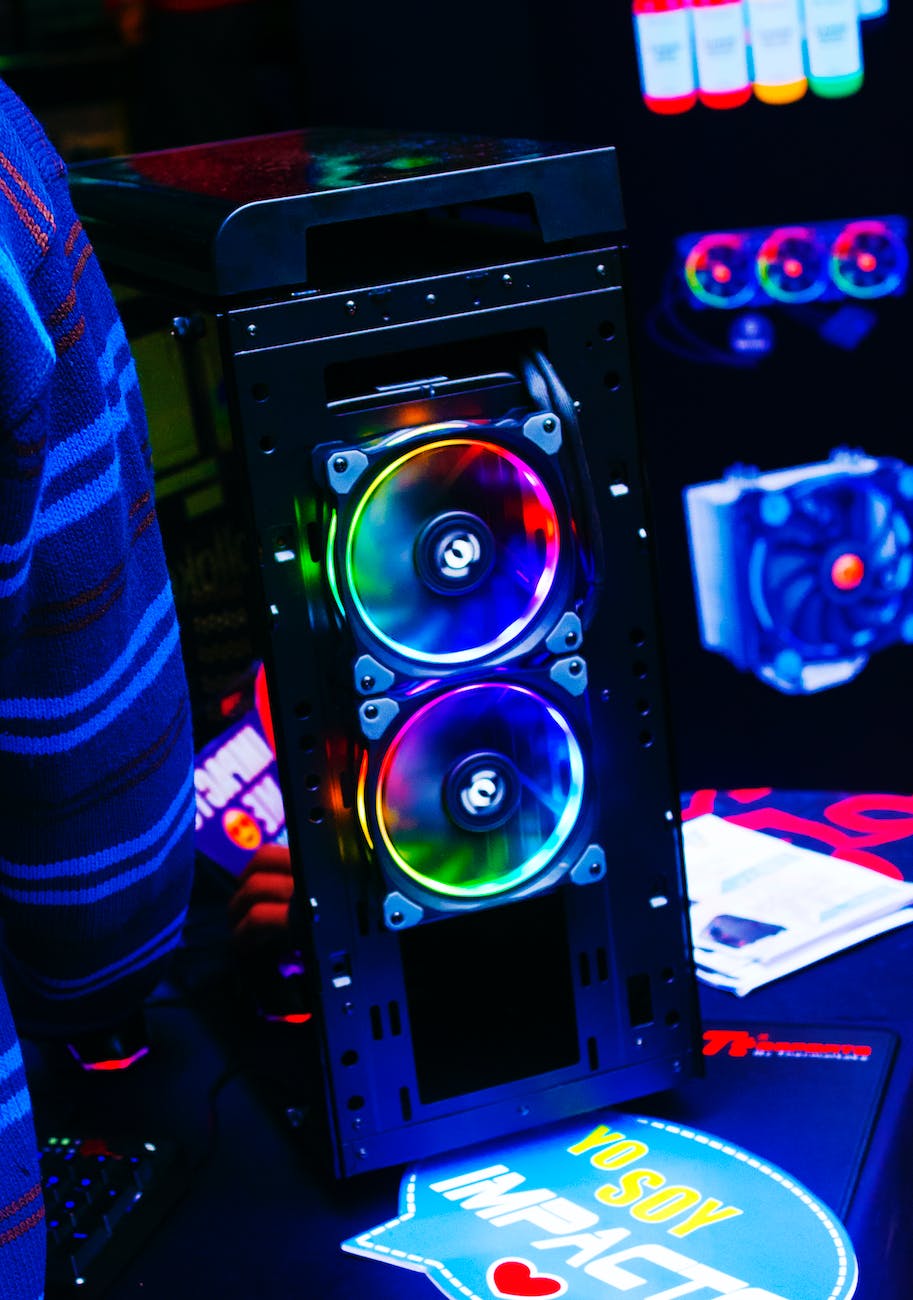Your cart is currently empty!

The Heat Dilemma: Why Computers Overheat and Why Fans Are Important
In today’s digital age, computers have become an integral part of our lives. Whether it’s for work, entertainment, or communication, we rely heavily on these devices. However, there’s one aspect of computer usage that many people don’t fully understand: why do computers get hot, and why are fans so crucial in preventing overheating issues? In this blog post, we’ll delve into the science behind computer heat generation and explore why fans play a pivotal role in keeping your PC running smoothly. If you’re in Lithgow, NSW, or Katoomba, NSW, and facing computer-related problems, understanding these concepts can help you make informed decisions regarding computer repairs and tune-ups.
To be clear just because your computer is warm does not mean it is overheating. A Macbook is perfectly happy with its internal temperature at 60-80 degrees Celsius. Many customers come in worried that their computer is overheating because it is warm to the touch when in reality the computer would consider it a nice autumn day.
The Heat Generation Conundrum
First, let’s address the elephant in the room: why do computers get hot in the first place? Computers, whether desktops or laptops are packed with powerful components like processors (CPUs), graphics cards (GPUs), and hard drives that work tirelessly to execute your commands. As they perform various tasks, these components generate heat as a natural byproduct of their operation.
The primary culprits for heat generation in computers are the CPU and GPU. These components consist of millions of tiny transistors that switch on and off rapidly to process data. Each time a transistor switches, it consumes a small amount of electrical energy and produces heat. As you use your computer for resource-intensive tasks like gaming, video editing, or running multiple applications simultaneously, these components work harder, generating more heat.

Why Excessive Heat Is a Problem
While a certain amount of heat generation is normal and expected, excessive heat can lead to serious problems. When components reach high temperatures, they can experience thermal throttling, a protective mechanism that reduces their performance to prevent damage. This results in slower computer operation, frustrating delays, and decreased productivity.
Furthermore, consistent exposure to high temperatures can significantly shorten the lifespan of your computer’s internal components. Over time, it can lead to hardware failures, which can be costly to repair or replace. This is where the importance of fans comes into play.
The Role of Fans in Cooling Computers

Fans are an essential part of a computer’s cooling system. They help dissipate heat and maintain a stable operating temperature for your PC’s components. Here’s how they work:
- Air Circulation: Fans are strategically placed inside your computer case or laptop to circulate air. They draw in cooler air from the surroundings and push out hot air generated by the components.
- Heat Sink Cooling: The CPU and GPU are equipped with heat sinks, which are metal structures that absorb and disperse heat. Fans blow air over these heat sinks, cooling them down and preventing overheating.
- Temperature Regulation: Modern computers often come with smart temperature monitoring and fan control systems. These systems adjust fan speeds based on the temperature of internal components. When the temperature rises, fans spin faster to increase cooling capacity.
Ensuring Proper Cooling for Your Computer
Now that you understand why computers get hot and why fans are crucial, it’s essential to take proactive steps to ensure your computer remains cool and functional. Regular computer tune-ups and maintenance can help prevent overheating issues and extend the lifespan of your system. If you’re in Lithgow, NSW, or Katoomba, NSW, and need computer repairs or PC tune-ups, it’s advisable to seek professional assistance. Experienced technicians can clean dust and debris from your computer’s internal components, apply thermal paste to improve heat transfer, and check the condition of your fans to ensure they’re working optimally.
There is an old computer tech saying “Fans never die alone”. This means that if a computer fan dies it will often allow another computer component to overheat to the point of being damaged.
How to tell if your computer is really overheating?
- Fans running like crazy. (Not always…. if they are doing their job your computer is happy)
- The system shuts down randomly
- The system starts to get really slow when the fans are running
- Many computers will warn you if they are overheating
Conclusion
In the world of computers, heat is a natural byproduct of their operation. However, understanding why computers get hot and the vital role fans play in cooling them is essential for maintaining the longevity and performance of your PC. If you’re in Lithgow, NSW, or Katoomba, NSW, and facing computer-related issues, don’t hesitate to reach out to local professionals who can provide expert computer repairs and tune-ups to keep your system running smoothly and cool as a breeze.